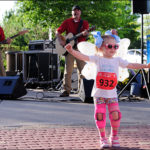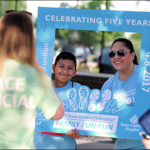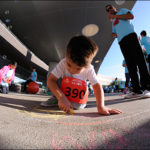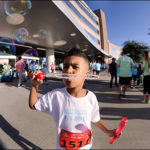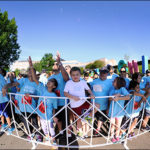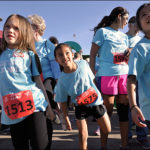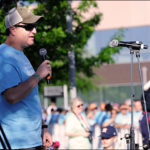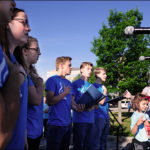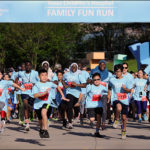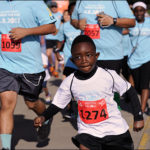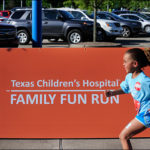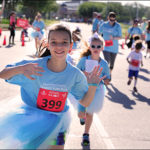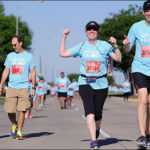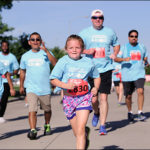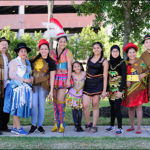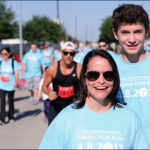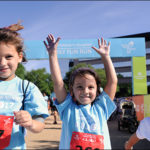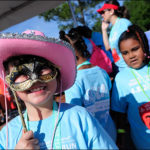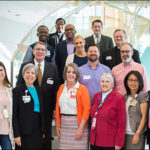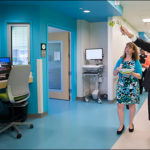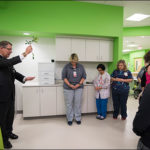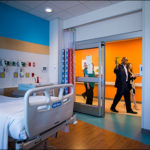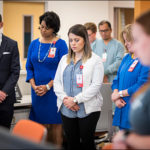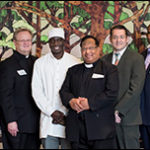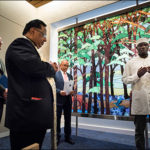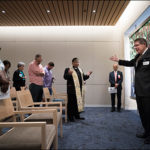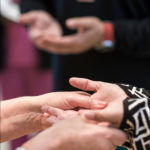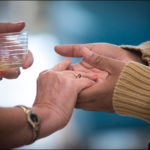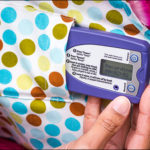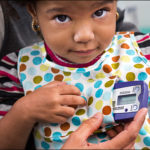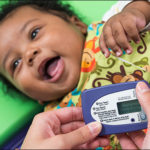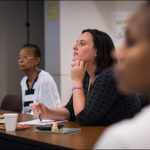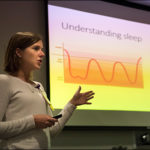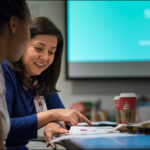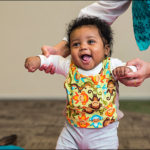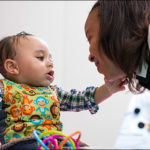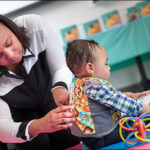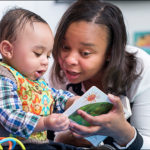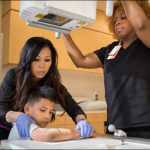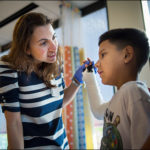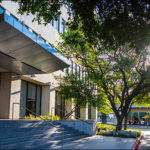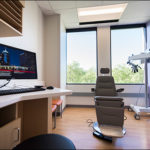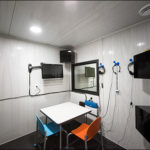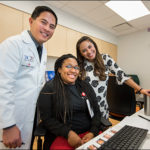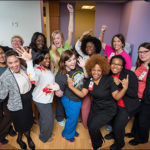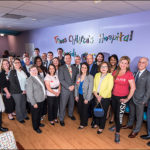Texas Children’s employees and Houston-area residents came out in full force to participate in the 5th annual Texas Children’s Hospital and Houston Marathon Foundation Family Fun Run at Texas Children’s Hospital West Campus.
On April 8, more than 3,500 people of all abilities participated in the non-competitive 1K and 3K courses. Following the race, participants enjoyed the H-E-B sponsored Family Fun Zone, which was packed with snacks, entertainment and 30 plus attractions.
Sarah Pepper from The Morning Mix and Erin Austin with 100.3 The Bull kept everyone energized in their role as master of ceremonies cheering on the crowd and announcing any and all special guests, including Dr. Scott McKay with Texas Children’s Hospital West Campus Sports Medicine and members of the Katy Youth Choir. Prior to the race, McKay led runners and walkers in some warm-up stretches and exercises and members of the Katy Youth Choir sang the National Anthem.
“The Family Fun Run is a great opportunity to be here in the community to celebrate what we do for families and children,” Texas Children’s Hospital West Campus President Matt Schaefer. “It allows to interact with the community and encourage families to be together and to be healthy, which is what Texas Children’s is all about.”
Get a first-hand look at the fun by:
- Flipping through a photo gallery of the event below.
- Ordering your race-day photos from Spring Action. You can search by your bib number or last name to find your photos (if any exist). There also are hundreds of unidentified photos to sort through in the Lost & Found section. You can also browse the entire event, if desired.
- Taking a look at our Facebook photo album from Saturday.
Don’t forget about the inaugural Family Fun Run event at Texas Children’s Hospital The Woodlands. It will be on Saturday, April 29. It will offer a 1-mile course and will be in celebration of the April 11 grand opening of the new hospital. Post-race activities will follow until 11 a.m.



